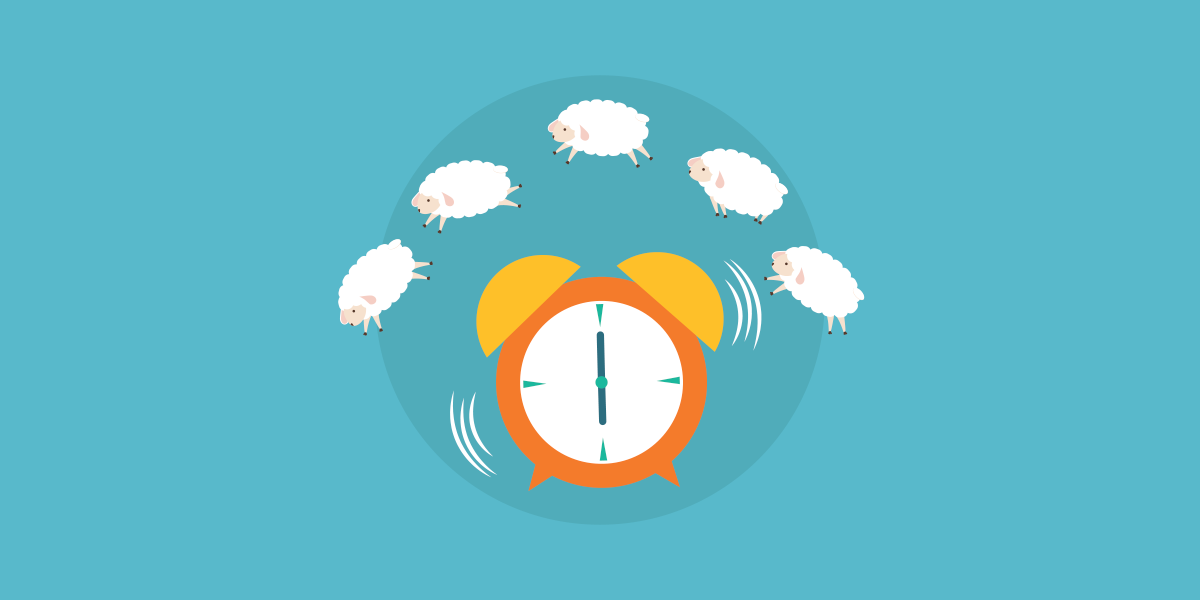Is COVID-19 disrupting your sleep?
 Lack of sleep can lead to physical and mental health problems, injuries, and loss of productivity
Lack of sleep can lead to physical and mental health problems, injuries, and loss of productivity
Sleep is a basic human need and a vital part of the foundation for good health and well-being. Lack of sleep can lead to physical and mental health problems, injuries, and loss of productivity. Your ability to function optimally and feel well depends on sufficient restorative sleep. It also depends on whether you're sleeping at a time when your body is prepared and ready to sleep.
During the COVID-19 pandemic, our regular routines have been disrupted by physical distancing, working from home, school closures and worries about the future. It can be difficult to adjust to a lack of schedule or a new schedule. Keeping track of time without typical time ‘anchors’ like arriving at the office or dropping children off to school is difficult. The pandemic has resulted in heightened stress levels for an extended period and such uncertainty often brings anxiety that disrupts sleep as a racing mind keeps the body tossing and turning.
Importance of Sleep
Source: Sleep Foundation, National Heart, Lung, and Blood Institute
Tips for better sleep:
#Stick to Your Bedtime
With the changed routines and work from home/shelter in place orders, many of us no longer go to bed and wake up at the same time we used to before. Many have abandoned the need for an alarm altogether! We may be taking more naps in the day, causing us to lose sleep at night. It is important that we establish a good sleeping pattern if we want a good night's sleep –
- Maintain getting up and going to bed at the normal time, however tempting it might be to do otherwise.
- Treat naps as a special resource, and if you do take naps, keep them short.

#Reduce Screen Time
Bright light at night can suppress your body’s production of melatonin and make it harder to sleep. Keep your pre-bedtime light intake down with these steps:
- Avoid watching television or using a computer after 9 p.m.
- Avoid using your phone after 9 p.m.
- Don’t read from a backlit electronic device (such as an iPad) at night.

#Control Noise
Here are some ways to reduce or disguise noises that can interfere with sleep:
- Decorate with heavy curtains and rugs, which absorb sounds.
- Install double-paned windows.
- Use earplugs.
- Use a fan or a sleep machine to provide 'white noise', or a recording of soothing sounds, such as falling rain, croaking frogs, or chirping crickets.
 Source : World Economic Forum, BBC, NPR
Source : World Economic Forum, BBC, NPR
Contributors: Ms. Yasmeen Kalverts, Ms. Raji Anand, Dr. Sohaila Cheema and Dr. Sathyanarayanan Doraiswamy
Editing: Mr. John Hayward